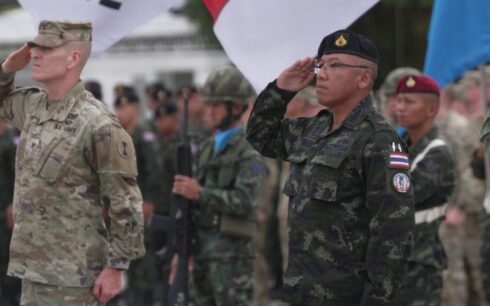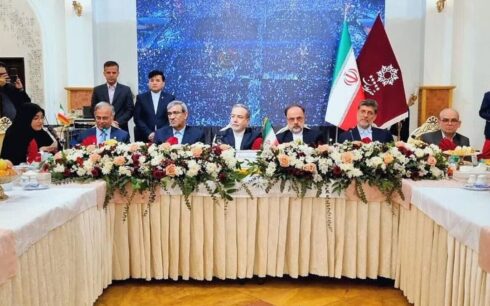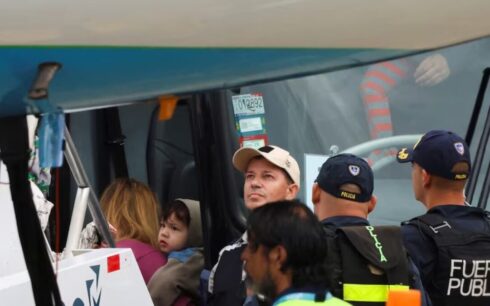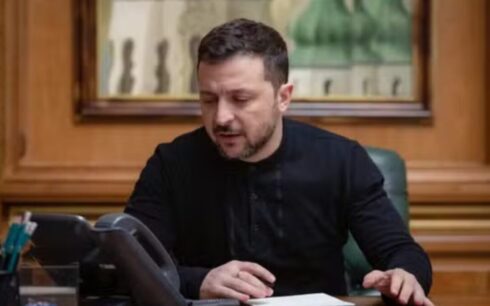Clashes between ethnic groups in the northern Iraqi oil city of Kirkuk on Saturday resulted in the deaths of three protesters, with 14 others sustaining injuries. These clashes erupted following days of escalating tensions, as confirmed by local security forces and the police.
The core of the dispute revolves around a building in Kirkuk, formerly the headquarters of the Kurdistan Democratic Party (KDP). Since 2017, the Iraqi army has utilized this structure as a base. In a gesture of goodwill, the central government had plans to return the building to the KDP, but last week, Arab and Turkmen opponents established a protest camp outside the premises.
Violence ignited when a group of Kurdish protesters approached this camp on Saturday, according to the police.
Initial reports indicated the loss of one Kurdish protester’s life. Tragically, the death toll increased as two more Kurdish protesters succumbed to their gunshot wounds while receiving medical treatment in the hospital.
Security officials and the local police are actively investigating the circumstances surrounding these deaths, including identifying the parties responsible for opening fire. During the clashes, individuals from both protest groups suffered injuries as projectiles were thrown and metal bars were employed as weapons, as reported by Kirkuk police.

In response to the escalating violence, Prime Minister Mohammed al-Sudani imposed a curfew in the city. He called on “political parties, social organizations, and community leaders to play their part in preventing strife and preserving security, stability, and order.”
Kirkuk, an oil-rich province situated in northern Iraq, rests along the contentious boundary between the Kurdish autonomous region and areas controlled by Iraq’s predominantly Shiite central government. Over the years, Kirkuk has been a focal point of some of the country’s most severe post-Islamic State violence.
Kurdish forces had gained control of the city after ousting the Islamic State in 2014. However, in 2017, the Iraqi army expelled them from Kirkuk. Prime Minister Sudani, who assumed power last year, has actively sought to improve relations between his government and the KDP. Nevertheless, Arab residents and minority groups, who claim to have suffered under Kurdish rule, continue to protest against the KDP’s return to the area.





